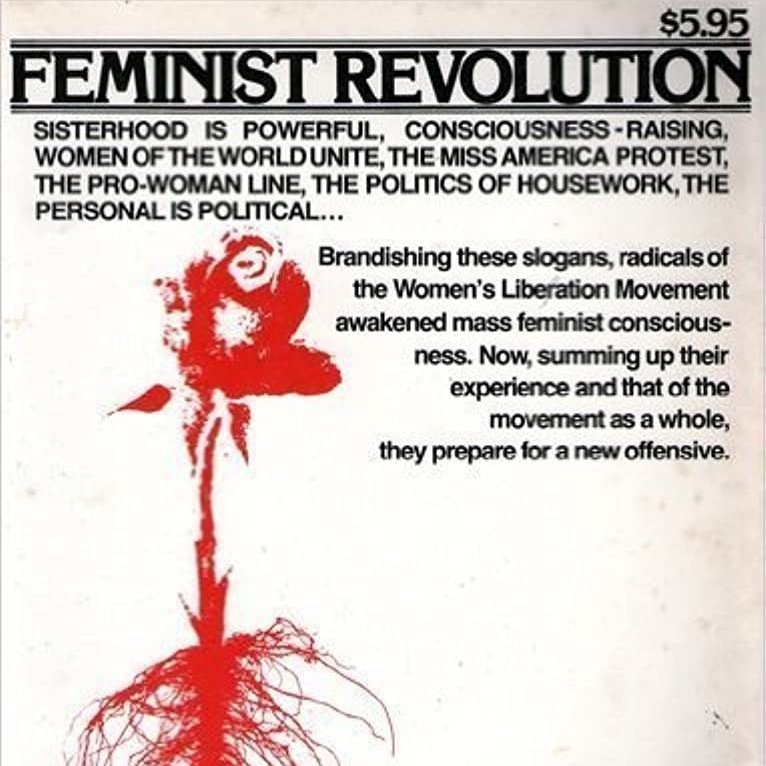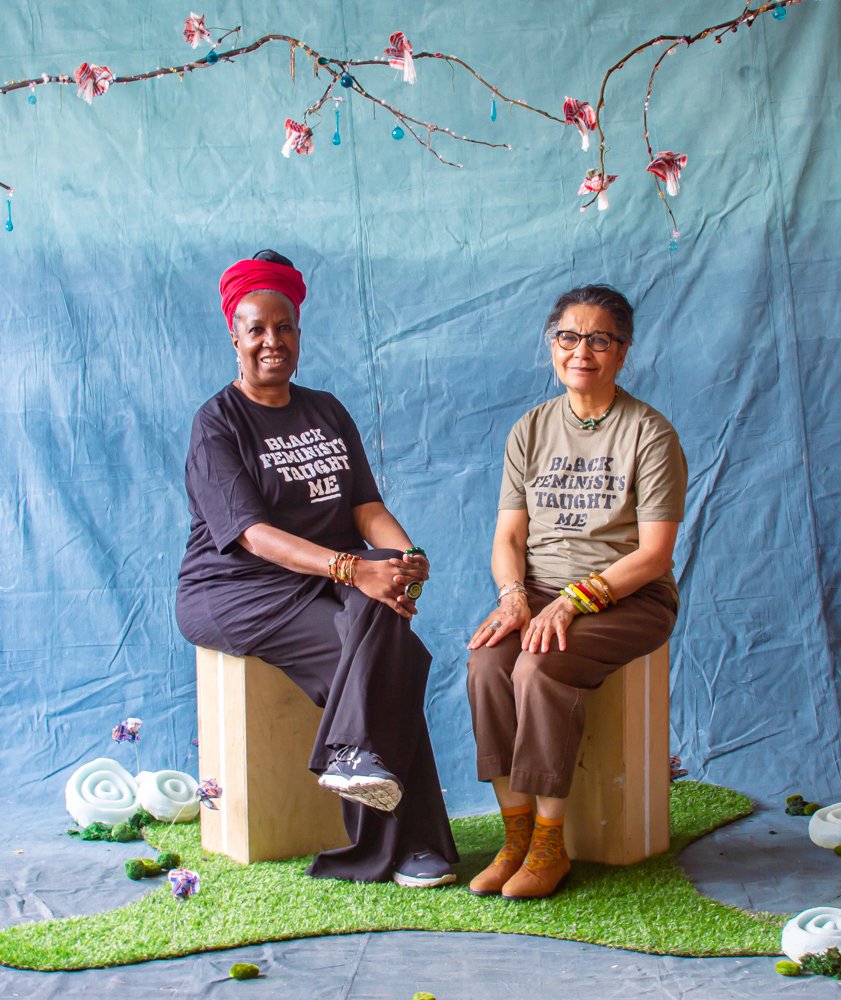On August 15, 1973, the formation of the NBFO was officially announced at a press conference in New York City. In their statement of purpose, the NBFO sought to define feminism on their own terms, a Black feminism that “...address[es] ourselves to the particular and specific needs of the larger, but almost cast-aside half of the Black race in Amerikkka, the Black woman” (NBFO Statement, 1973). Moreover, they noted: “We will continue to remind the Black Liberation Movement that there can’t be liberation for half the race.”
After the official announcement of the organization, the NBFO garnered over 400 responses from Black women across the United States (Springer, 2005, p. 51). From November 30-December 3rd, 1973, the NBFO hosted an Eastern Regional Conference at the Cathedral of St. John the Divine in New York City. With hundreds of Black women attending the conference from across the nation, including California, Illinois, Pennsylvania, Massachusetts, Texas, Mississippi, and Washington. Notable speakers and attendees of the Eastern Regional Conference included June Jordan, Barbara Smith, Beverly Smith, Demita Frazier, Shirley Chisholm, Florynce “Flo” Kennedy, and Alice Walker. Later, the NBFO established chapters in Chicago, Atlanta, Washington, D.C, San Francisco, Cleveland, and Boston (Springer, p. 51, 60).
While the organization officially disbanded in 1975 due to lack of infrastructure and differences in political alignment, the NBFO opened up political doorways for other more radical Black feminists organizations to emerge, such as the Combahee River Collective, a Black feminist, lesbian, and socialist organization active in Boston, Massachusetts from 1974 to 1980, and the National Alliance of Black Feminists (NABF), a Chicago-based Black feminist organization, most notably led by Brenda Eichelberger, the executive director of NABF, Linda Johnston, Brenda Porter, and Janie Nelson.
































